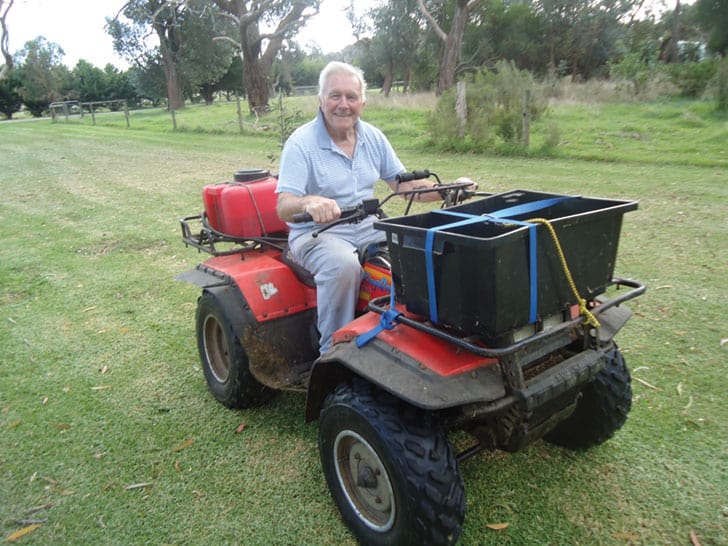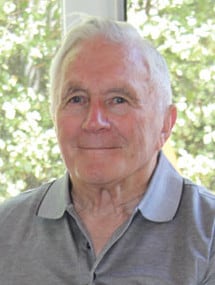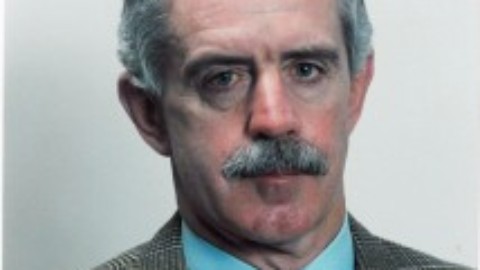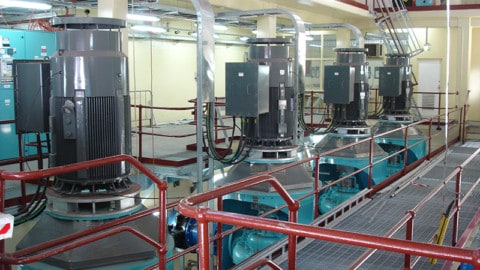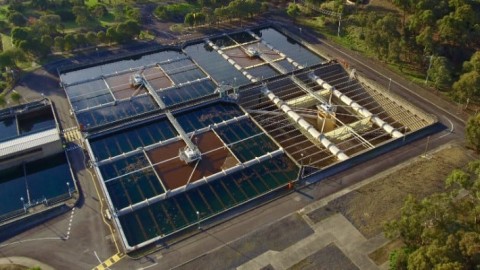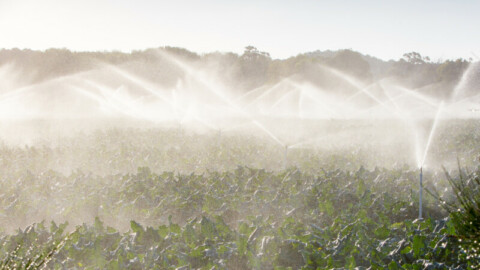Bernard Hasell worked in the pump industry for almost 50 years, beginning in 1944. Now a happy retiree, his pumps career began with tooling manufacturing, and extended into many different areas of the industry. In this interview, we talk to Bernie about his long career and the changes he has witnessed, particularly the decline in Australian pumps manufacturing.
When did you first get into the pumps industry?
My employment commenced on 4 February 1944 when I served three months in the production department on stock records prior to being indentured as an apprentice. My training commenced in the tool room on tooling manufacturing. After approximately two years a vacancy came up in tool design and this lasted about 18 months. Then I was transferred to the main design drawing office, where I was involved with general engineering works involving underground winders, power stations, feed heating equipment, engines, carbon ring compressors, etc. This continued until 1960 when the company became a licensee to Pacific Pumps of California. Part of the condition was that I spent three months in the US, where I became fully involved in pumps and applications up until my retirement in 1993. All told, I was with Kelly & Lewis for 49 years and eight months.
What do you like about the pump industry?
My involvement in the pump industry was complex, as it involved selection, quoting, selling, following up with clients, expediting, and commissioning. My involvement also included negotiating with our manufacturing as this was not the only product in manufacture. The beauty of my position is that it involved all aspects of the product and I met with all kinds of conditions, both with our own people and with our clients.
What other companies have you worked for during your time in pumps?
As previously stated, I had the unusual employment experience of working for only one company in my entire career.
How has the industry changed during your time in it?
The industry has changed vastly. While we once had many big manufacturing companies, the country now does not have the ability to do major turnkey and other large pumping contracts. These are now all situated overseas.
What is your most memorable moment from your career?
My most memorable moment was in 1973 when I went to the UK on a major pump application for PRA in Adelaide and met the people I had corresponded with at Foster Wheeler.
Did you have a mentor at any time in the industry?
My mentors during my working years were many in many different aspects. During my apprenticeship, my father Alex was the tool room foreman, and served as my mentor. Then, in the drawing office, they were Eric Engbrigtsen and Ben Woodbridge, who in my opinion had no peers. At the pumping company, Project Manager Bill Holyoake steered me through my learning years in sales and contracts.
Who were some of the other personalities in the industry that you have worked with?
Other personalities were the clients, purchasing and expediting staff, and engineering people in all aspects.
What are the most significant developments you have witnessed in the industry?
The most significant development is the demise of pump manufacturing in Australia. The lack of engineering apprentices speaks to the lack of opportunity.
Are you still involved in the industry today?
After nearly 50 years, I have no regrets with my life. I’ve been retired for 22 years and am enjoying every minute of it.
What are the greatest challenges facing the pump industry? What does the future hold for pumps?
The greatest challenge is getting back to local manufacture so the industry is less dependent on foreign imports. Initially, my experience began with process pumps in refineries. In the 1960s era, all were brought in from overseas and local manufacture commenced. We had local companies vying for a fairly small market for the number of pumps required. These companies included Industrial Engineering, Ingersoll Rand, Kelly & Lewis, Thompson’s of Castlemaine, United Process Pumps, I.R., Pacific, and Byron Jackson. All have since been merged and local manufacture of pumps products has almost disappeared. We are a small market worldwide and to revitalise this is now almost impossible. Luckily, I have my memories of great opportunity and now enjoy my life playing golf, going on holidays, and spending time with my family.


